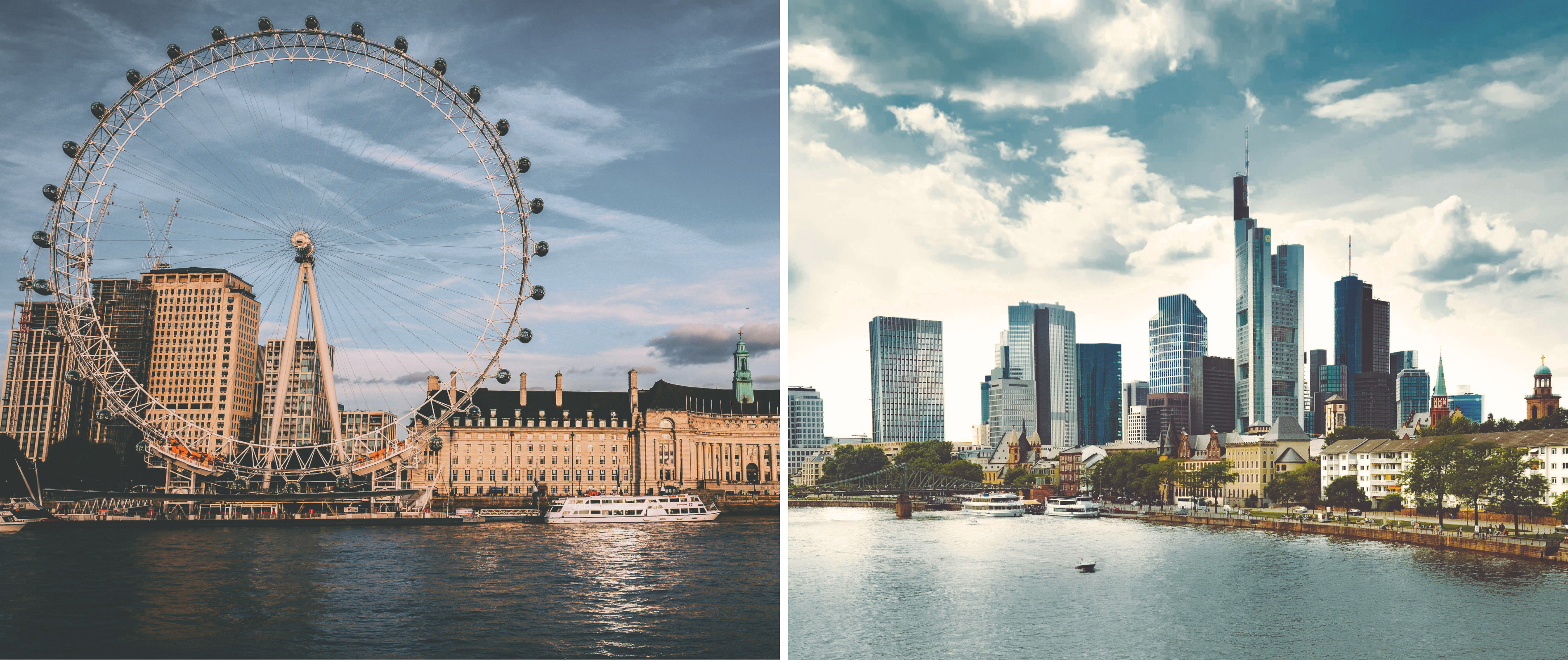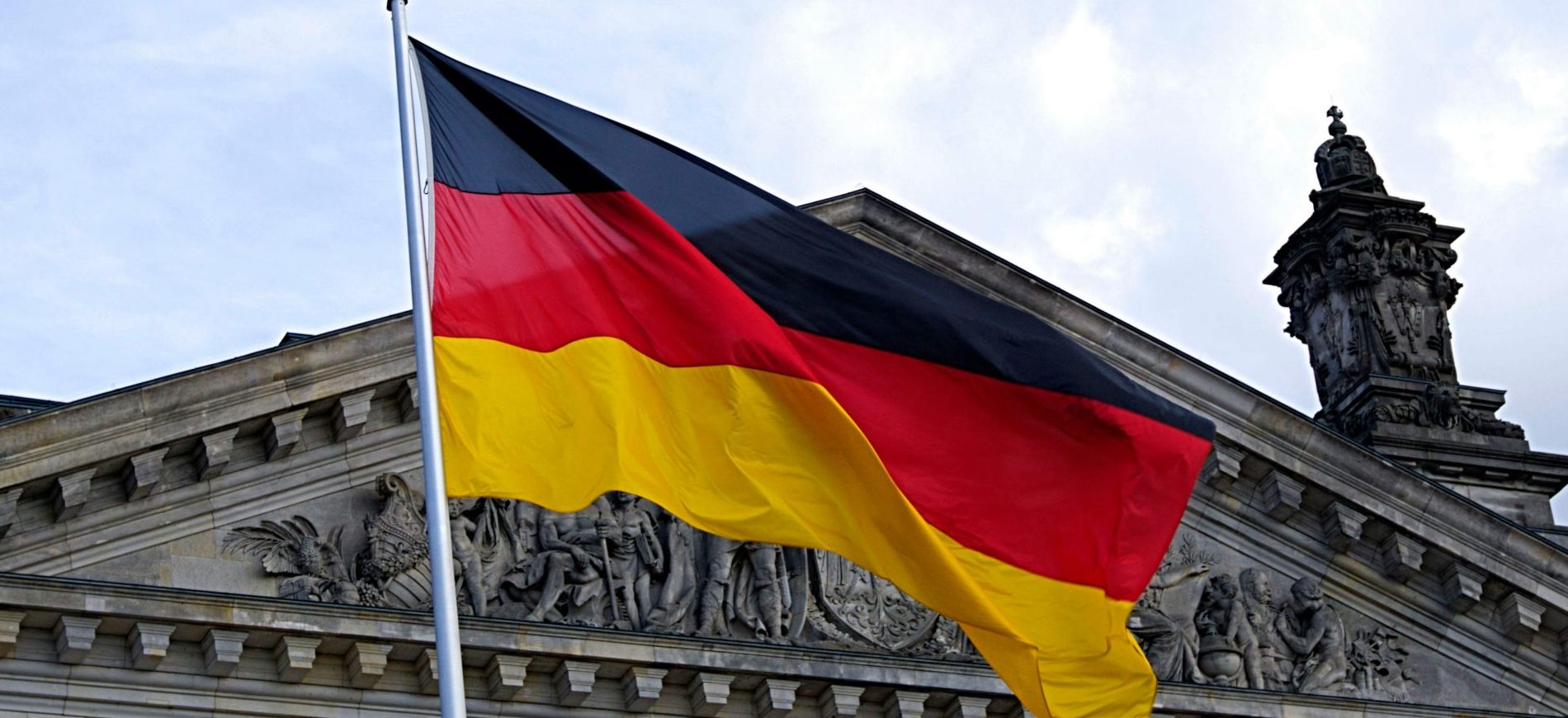
Moving to Germany for a dream or a specific necessity brings excitement and challenges. One of these challenges is usually associated with affordability yet the desire to live in the Metropolises. Is there a way to link these features without declaring bankruptcy? We’ll try to answer this question and uncover the crucial tips that balance affordability with quality living by examining three popular cities – Berlin, Munich, and Hamburg. Each one has a particular appeal to expatriates. Let’s get started.
The perfect German city for an expatriate to relocate depends on personal preferences, such as individual interests, career opportunities, and lifestyle. When it comes to the cheapest cities in Germany, taking into account your dream of living around the bustling novelties of the main towns can get in the way. It’s not always easy to reconcile the two. So, we’d like to inform and recommend the following factors to each. Here are some tips:
Loyalty cards: You can get offerings bonus points when shopping with frequency.
Buy Consciously: Avoid wasting money on things you don’t need. Be aware of your expenses.
Buy Online: If you need a product, try to find reasonable prices and purchase them online.
Renting: If you are unsure if Germany is your future home, opt for renting. You can live safely without any liability.
Groceries: It’s better to go for the Wholesale markets if you are searching for reasonable prices.
Finding an agency that can connect you with a native who understands daily life is a good start. This asset can help you navigate while looking for the cheapest cities in Germany. Sharing a flat or getting a financial deal requires clear communication so you can tell if your agreement is getting too close to a scam. Having someone who speaks German fluently will give you the certainty that you’re doing a good deal regarding renting, contracting an internet plan, and even finding the best supermarket to shop.
When we talk about quality of life, Berlin is the number one. Cultural offerings and nightlife are unbeatable. Berlin is modish, global, and very inclusive. All these characteristics make it much easier to connect with other expats. This is a plus if you don’t have time to study or learn German anytime soon; communicating won’t be much of a problem. Now, If you desire to live in Munich yet pay less, you should start working on abandoning the fear of commuting. Which won’t be too much work since the public transport in Munich is stellar. Hamburg boasts a reputable quality of life, scenic waterfronts, and a vibrant cultural scene. Munich is celebrated for its robust economy, superior living standards, profound historical significance and cultural richness. Conversely, Berlin wins, standing out for its eclectic and lively arts scene and energetic and inventive ambience.
The search for the cheapest cities in Germany is impacted by the issues Berlin’s economy has been facing. The government is constantly searching for recovery strategies while surfing through challenges. Even though the scenario keeps presenting adversities, the big picture shows that the city’s dynamic and diverse economy, especially in the service sector and creative industries, demonstrates resilience and the capacity for innovation, which will play a crucial role in changing the current economic climate. Munich is doing much better economically speaking, so getting a job will probably be much easier. Finding a Job in Hamburg is likely to be highly paid. Hamburg’s economy is robust and marked by a strong presence in sectors such as maritime trade through its bustling port, the third-largest in Europe. It’s also a centre for aerospace, media, and information technology industries, with a growing renewable energy sector contributing to its status as a major economic powerhouse in Germany.
Berlin’s community is known for its youthful energy and progressive mindset. The city is home to many startups, tech companies, and collaborative workspaces, promoting innovation and forward-thinking. Its residents are often engaged in discussions about sustainability, social justice, and global issues, reflected in the many events, protests, and initiatives taking place in the city. It’s the perfect environment to try new professional approaches, especially if you are searching for a more alternative or artistic way to make money.
Berlin’s public transport is known for its efficiency and comprehensive network. The BVG operates the U-Bahn (subway), trams, buses, and ferries that crisscross the city, while the S-Bahn (suburban train) reaches the suburbs and beyond. Public transport in Munich is renowned for its high quality and integration, offering residents and visitors a reliable way to navigate the city. Hamburg’s public transport is well-integrated, serving as a critical component of city life. These cities have excellent public transport, but whenever you can, walking is also very good for getting to know the places.
Finally, saving money is very personal. Plus, the odds aren’t on your side. Propaganda is everywhere, and everyone is being encouraged to buy and buy. You can be misled to believe that consuming from the material world is a synonym for consuming real, fulfilling experiences. Knowing your expenses is critical to staying under your stipulated budget. To conclude, in the end, some things are expensive, some cheaper, what makes the difference is your choice. Berlin is the place for those who prioritize enjoying life to the fullest and are okay with potentially lower earnings. Conversely, Hamburg is ideal for individuals seeking a robust job market paired with a more tranquil way of life, offering a balanced mix of both aspects. Munich, however, might not be the best recommendation in this context. Whatever you decide, we’re here to make your transition easy. Contact us at VanOne International Movers if you have any questions about the customs clearance documents or the kind of goods you can relocate.
 Is Germany or the UK the Best Choice for Expats?
Is Germany or the UK the Best Choice for Expats?Is Germany or the UK the Best Choice for Expats? Choosing between Germany and the UK as your…
 Is There a Nursing Shortage in Germany?
Is There a Nursing Shortage in Germany?Is There a Nursing Shortage in Germany? Germany is facing a critical nursing shortage, a situation that has…
 Munich vs Berlin: Where to live in Germany?
Munich vs Berlin: Where to live in Germany?Munich vs Berlin: Where to live in Germany? Choosing between Munich and Berlin depends significantly on your personality…
 My Life in Germany: Daily Life in Berlin
My Life in Germany: Daily Life in BerlinMy Life in Germany: Daily Life in Berlin My daily life encompasses the essence of the explorer and…